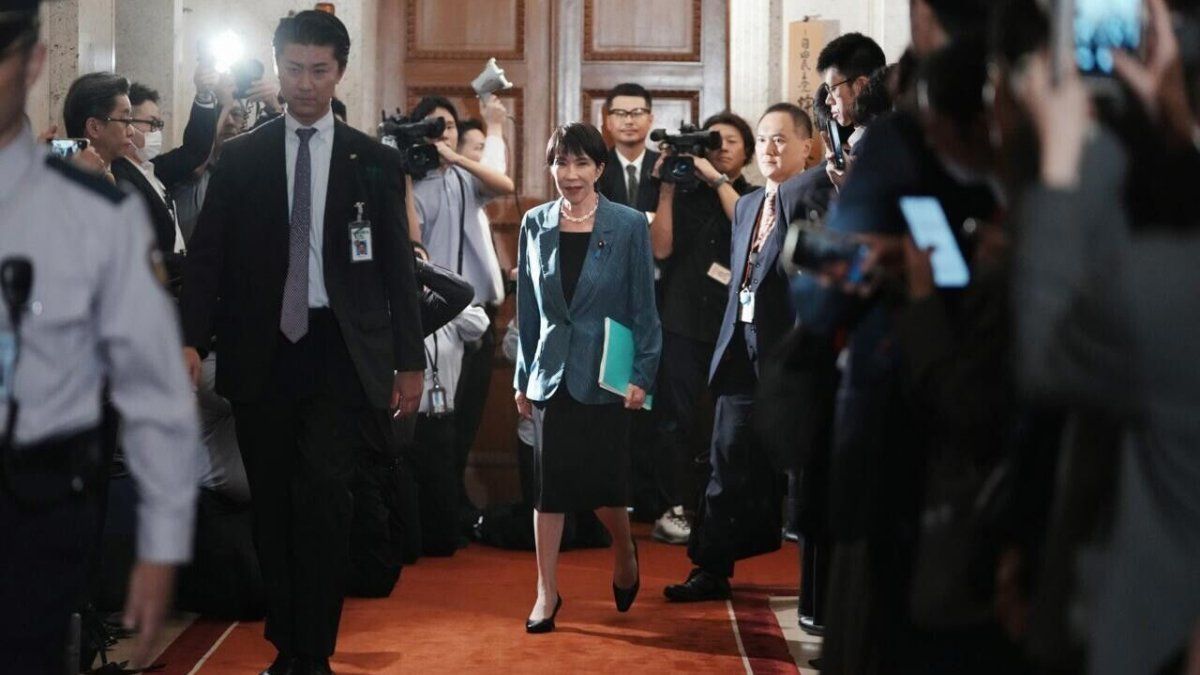Since Tuesday the VP and FP have been negotiating a new edition of their national coalition. The proportional government will be in place on October 23, the state parliament will be constituted. We asked industry representatives and tenant appraisers which tasks they consider to be the most important when building and living in the country.

Mario Zoidl
Chairman of the Real Estate and Asset Trustee Section in the Upper Austrian Chamber of Commerce
Affordable living: Due to many circumstances, affordable housing has become a real challenge. There is an oversupply of rental and condominiums, and yet most of it is at a relatively high cost. The situation is not hopeless, however; for most of them, financing is cheaper than ever.
Land: A growing challenge for all real estate builders, whether commercial building contractors, non-profit building associations or house builders, is the shortage of building plots. Unfortunately, this cannot be resolved solely with building land protection contracts in the case of reallocations. New ways must also be found here – building on unfamiliar land would be an option that could be of interest not only to private landowners, but also to the country.
Building material prices: Because of the rising building material and thus real estate prices, building projects are becoming more expensive and delayed. Support with additional short-term funding until prices normalize would be desirable here.
Strom: E-mobility and self-supply of electricity with PV systems is becoming more and more important for environmental protection and residential construction and can be advertised and promoted even more by the state. That would be an investment in the future, we still have enormous opportunities on many roofs.
Internet: The expansion of the fast Internet is very important. It needs to be promoted more so that we can work quickly and well from every corner of the country.

Nicole Hager-Wildenrotter
Managing Director of the Upper Austria Tenants’ Association
Social housing: The state is supposed to reverse the recent shift of housing construction funds in the direction of property promotion in favor of non-profit housing. The home building fees must be rededicated. And the municipalities are to be actively informed by the state about the dedication category “social housing”, which has existed in regional planning since 2020.
Housing cost brake: With new housing subsidies and housing subsidies, Upper Austria can become a pilot region for a “housing cost brake” so that costs do not rise more than inflation – currently rents and, above all, operating costs are price drivers, with additional negative consequences due to the federal renewables expansion law to fear (electricity, gas). This has to be counteracted at the state level.
Housing allowance: The average rents in metropolitan areas such as Linz, Wels, Steyr, Vcklabruck, Linz-Land, Kirchdorf and Schrding are well over seven euros for apartments that are usable or as good as new, in good or very good locations. The long-term valorisation of the seven-euro value limit is required for the gross rent, from which no further housing allowance is due.
Learning: It would be important to implement mandatory reporting for vacant apartments after six months in order to dampen speculation and rental costs (vacancy database). The income from a vacancy tax could be used to finance the housing cost brake.

Simon Spendlingwimmer
Chairman of the Austrian House and Landowners Association (HGB) Linz
Leisure apartment tax: In the non-tourism sector, the leisure apartment tax must be abolished without replacement. The raid-like roll-out and the use of the income to promote tourism are not objectively justified. It has been shown that this punishes owners who carry out major renovations and conversions in their building or apartment, and also those who cannot find tenants for their apartment and have already lost their income as a result. In addition, the administrative burden at the community level is great.
Housing funding: There is a need for more attractive funding opportunities for sustainable new buildings and especially for building renovations – against the background of climate targets, the curbing of land consumption and economic benefits. Furthermore: conversion from object (cooperatives) to subject support (people); with the expansion of housing subsidies, support those who struggle on the free market; Depoliticization of the large housing cooperatives.
Spatial planning: The spatial planning law is to be improved with greater involvement of the owners in the creation of development concepts and zoning plans or in the zoning procedure. There is also a need for more legal certainty in the construction process: you should be able to rely on the fact that a project that complies with the regulations of a zoning plan will be approved without any problems. The possibilities of a municipality to issue a building ban must at least be limited. And: expansion of the infrastructure, especially in rural areas.




